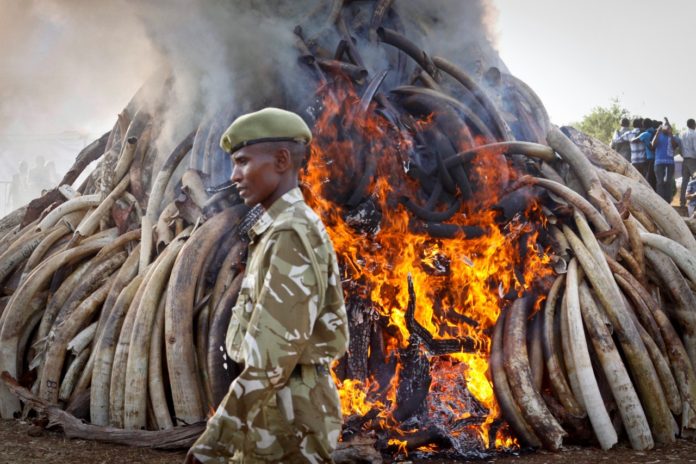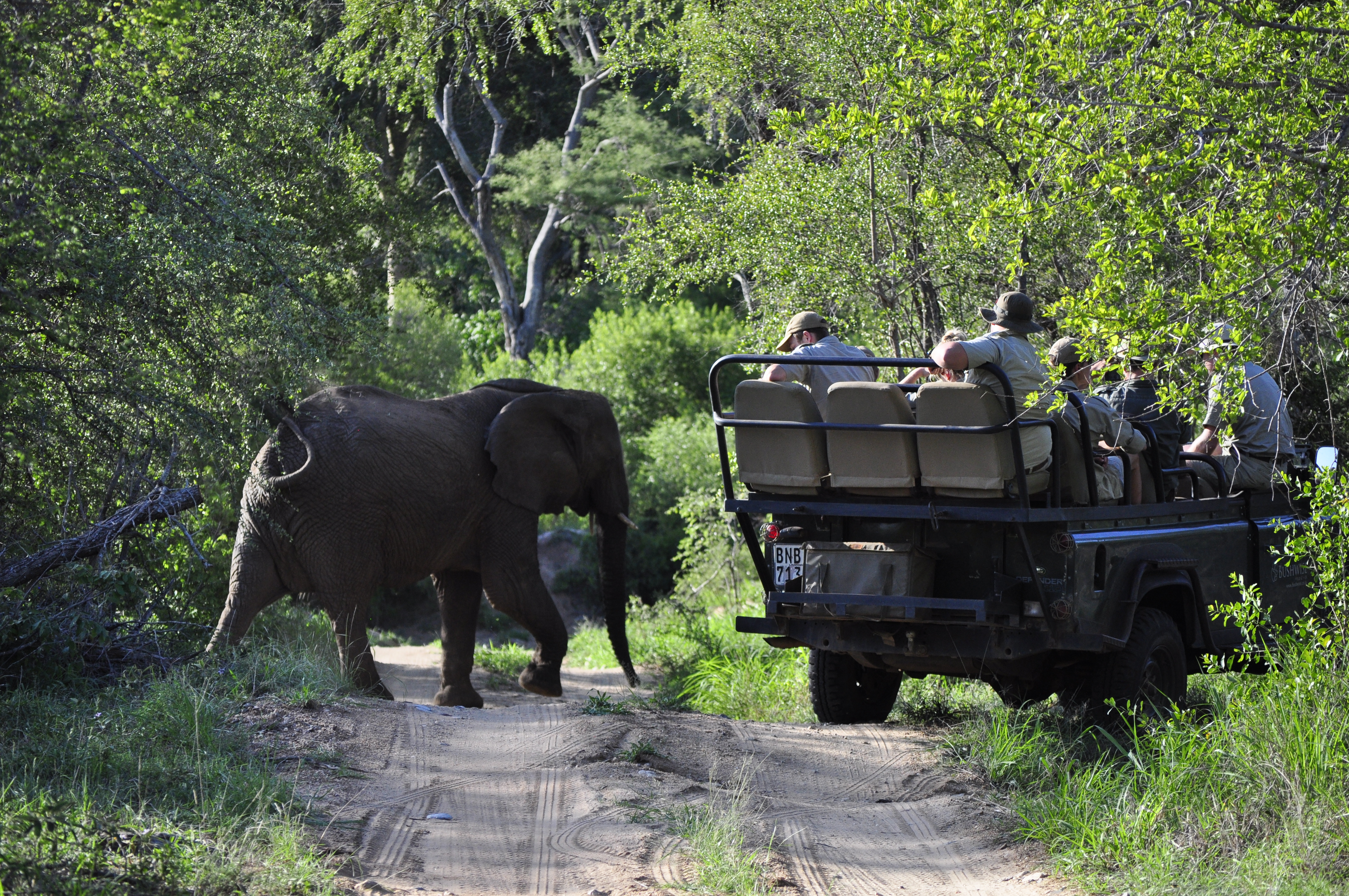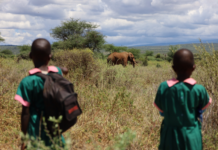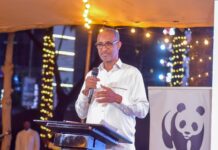By Henry Owino
At the dawn of Africa’s independence, much hope was placed on the continent vast natural resources to serve as the engine of growth to propel industrialization and economic development.
To propel the dream further, in 1968, African leaders adopted the Algiers Convention as Regional Flagship Programme and other interventions. As a united continent, this approach aimed at economic development in Africa to ensure more environmentally sustainable growth path, to address wide scale poverty and inequality alleviation.
However, fifty years down the line, Africa remains far from achieving these dreams as a result of wide spread corruption among other things. As a result, these natural resources of the continent unabatedly continued to be misappropriated and vandalized at the detriment of the people of Africa.
The negative economic impact of illicit trading in Africa’s natural resources is not only about the direct revenue losses but also the indirect loss in opportunities from the entire economy through a multiplier effect.
This effect is manifested in the form of loss in direct incomes, jobs, unpaid tax revenues, peace and security.
According Mr Saliem Fakir, World Wide Fund for Nature, the wider economic impact of illicit trading in natural resources is estimated at US$120 billion per annum, which is 5 percent of Africa’s gross domestic profit (GDP).
Mr Fakir says an estimated 24 million jobs are lost, which is about 6 percent of overall employment in Africa. By curbing illicit activities in the natural resource sector, Africa could create 25 million more jobs annually.
“The loss in tax revenue is about US$3.6 billion. Paradoxically, and as a result of criminality and corruption, our natural resources have become a curse, plaguing our development,” Fakir cautioned.
It is for this reason that African Heads of State and Government dedicated 2018 as year to fight and beat corruption in Africa.
The sentiments were echoed recently at the first Africa Environment Partnership Platform held on 17-21 September, 2018 at United Nations Environmental Programme (UNEP) headquarters in Nairobi, Kenya.
The African environmental leaders were marking the seventh Special Session of the African Ministerial Conference on the Environment (AMCEN).
The conference focused on Turning Environmental Policies into Action through Innovative Solutions under the theme: “50 Years of Environmental Governance and Sustainability in Africa”.
During the conference, Africa Environment Experts resolved that winning the fight against corruption is possible, only if, Africa wants to ensure economic prosperity, peace and stability for its people.
It is an indispensable ingredient to achieve the noble visions of the Sustainable Development Goals (SDGs) and Africa’s Agenda 2063.
The environmentalists agreed that to achieve all the Seven Aspirations of Agenda 2063 certainly requires Africa to tackle corruption seriously. The seven aspirations are mechanisms to promote and defend the continent’s collective security and interests.
These are; Africa shall have an entrenched and flourishing culture of human rights, democracy, gender equality, inclusion and peace; Prosperity, security and safety for all citizens.
Corruption, in its various forms has been responsible for keeping back the continent, depriving Africans the basic fundamental human, social and economic rights to live decent and peaceful lives.
African Union’s decision on war on corruption is by extension a crusade against all forms of environmental crimes that threaten Africa and its environment.
African Governments must intensify and include anti-corruption measures in their development strategies and policies if progress is to be made in this field. However, governments’ action alone cannot be enough.
Key to fighting corruption is the inclusion of the private sector and communities in the development and implementation of anti-corruption measures.
Business people must adhere to high moral standards and actively seek to eliminate corruption within their dealings, by not resorting to bribery and extortion during tendering and procurement processes.
Another crucial point is that public opinion must support anti-corruption drives to create an environment and culture in which corruption is not accepted or condoned.
It is important to have mechanisms in place for citizens to hold their authorities accountable on matters of corruption.
Furthermore, access to knowledge and information will empower communities to become part of the solution to the problem of corruption rather than remaining as victims.
According to Dr Rose Mwebaza, Chief, Natural Resources Management, African Development Bank (AfDB), illegal exploitation and trade in timber in the forestry sector is estimated at US$13 billion. This is not only costing Africa millions of dollars in revenue but it is also adding to the root cause of extreme poverty and social vulnerability.
Dr Mwabaza clarified that illicit activities in the sector include the harvest, transportation, purchase and sale of timber in violation of national laws. The most prevalent forms of illicit and criminal activities in the forestry sector include tree harvested without permission and then traded illegally.
“Trees harvested at volumes higher than those licensed, harvesting protected species and gaining access to forests or licenses to fell trees through corrupt means or falsified permits. All these happen especially in protected areas of government forests, ”Dr Mwabaza revealed.
Keriako Tobiko, Cabinet Secretary, Ministry of Environment and Forestry, notes that deforestation and illegal forest exploitation have serious effects on structure, diversity, and floristic composition of natural forests.
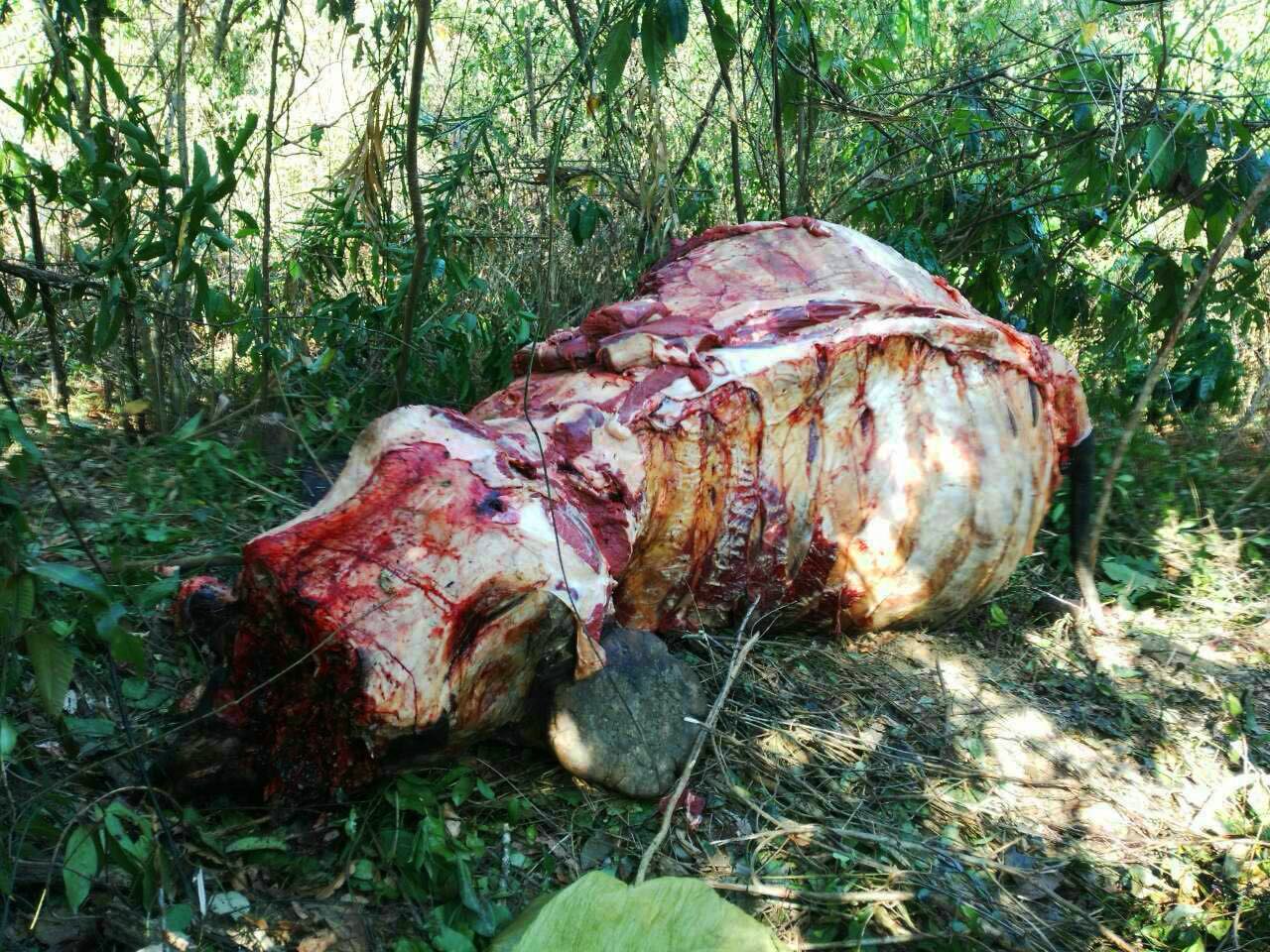
Tobiko further says , although it is coupled with the impacts of climate change and population expansion, government agencies shouldn’t be compromised the future of natural forests cover on the continent.The other sector is on wild animal traffic which raises a serious threat for Africa’s wildlife and biodiversity. In fact, it is regarded by most as the third largest illegal business in the world after drug and arms trafficking.
These vulnerable species in Africa include the big cats such as lion, leopard and cheetah, tropical birds and monkeys.Several actors are involved in this crime, but consumers are among the most important ones as this crime would not continue if the supply and high prices that people get to pay for them on the black market ceased to exist.
Dr Juliette Biao, Director, Regional Office for Africa UN Environment Programme and World Economic Forum, confirms that the estimated value of illicit trading in wildlife globally is between US$7 billion to US$23 billion.
“Illicit wildlife trading activity is a global challenge, although much of the global attention is focused on Africa due to the dramatic increase in poaching and constant media coverage of elephants and rhinos,” Dr Biao said.
According to Mr Peter Odhengo, National Treasury and Planning, Kenya, the current elephant poaching crisis costs African countries an annual loss of around US$25 million from tourism.
Mr Odhengo explains the recent rise in poaching and trading in animal parts such as elephants’ tusks and rhinoceros horns illustrates the nature of the problem for wildlife management and protection policies in Africa.
Dr Edna Molewa, Vice President of AMCEM and Minister for Environment, South Africa said for example, in Tanzania, the elephant population dropped by 60 percent from 2009 to 2014.
“While in South Africa, 13 rhinos were killed illegally for export of their horns in 2007. By 2014, that number had increased nearly 100-fold to 1215,” Dr Molewa disclosed.
The only exception to the downward trend is in Botswana where the elephant population has increased since the government deployed the army to contain the practice. The scale of these illicit activities is strongly linked to corruption.

